Mortgage Information
There are so many choices for mortgages these days and buyers can easily get overwhelmed. Conventional? Government-backed? Fixed rate? Adjustable rate? Who are Fannie Mae and Freddie Mac and what do they have to do with my loan?
It is important to know that different banks, lending institutions, and mortgage brokers do not all have access to the same mortgages, so it pays to shop around. The interest rate you are offered is important as well as points and anticipated closing costs.
Before you can determine which loan is right for you, you need to have an understanding of what the options are.
Here are two of the most-common loan structures:
Fixed Rate Mortgage
Fixed rate mortgages are exactly that – the mortgage rate remains fixed for the life of the loan. Monthly payments are fixed (for the principal and interest – if property taxes and homeowners insurance are paid as part of your payment, these are paid through an “escrow” account which can fluctuate from year to year).
Adjustable Rate Mortgage
These are also called ARMs. This type of loan has the potential to have monthly payments that change since the interest rate can change. There is usually an initial period of time where the interest rate does not adjust such as five or seven years. How often the interest rate adjusts will also depend on the loan. Since interest rates do change over time, the payment can either be higher or lower depending on the difference in the interest rate. For example, if someone took out a loan when interest rates are at record-low levels, it is unlikely that interest rates will continue to be this low when the interest rate adjusts.
On the Eastside, since prices are high, many loans fall into what is called “jumbo loan” territory. These are loans that are inherently riskier for lenders because they can’t be guaranteed by federal programs such as Fannie Mae and Freddie Mac. Lenders will have their own lending qualifications, but they will need, at a minimum, the following documents and information to get started:
- Asset and investment statements
- Bank account statements
- Credit card statements - possibly
- Auto loan statements - possibly
- Pay stubs for the last two months
- Verification of other income sources
- Tax returns and W-2s for the past two years
- Form of ID
- And, of course, the mortgage application!
Need a Lender Referral?
If you are thinking about buying a home and you haven’t met with a lender, I can give you a referral to some great ones. The lender can guide you through the ins and outs of each option, and help you determine the best loan for your needs and comfort level.

